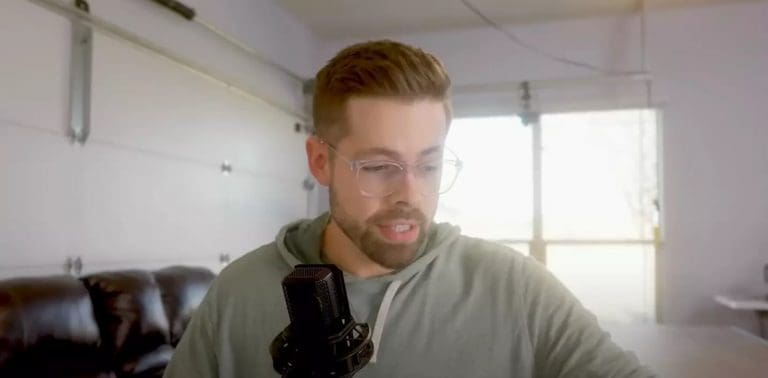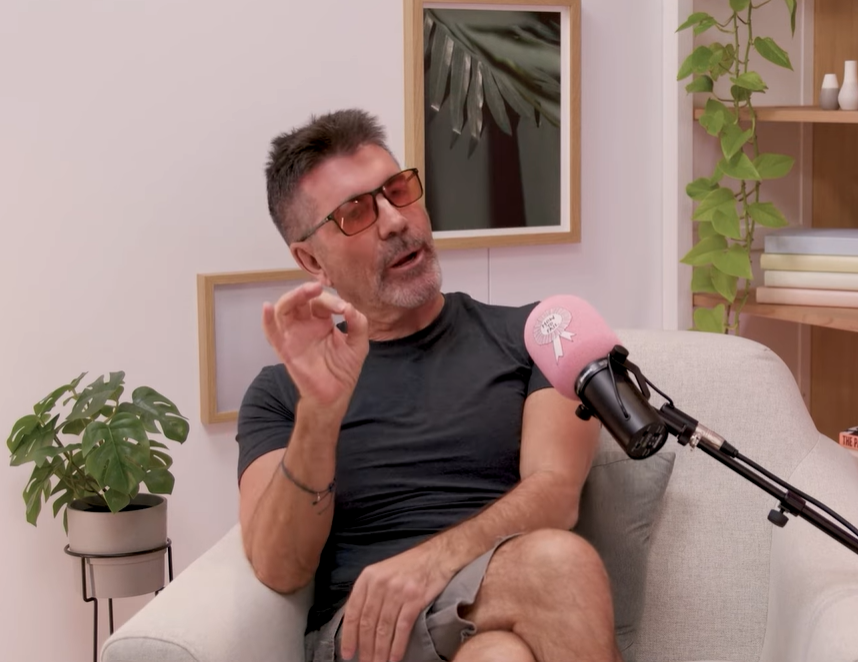In an unconventional and daring experiment, YouTuber Nicholas Zetta, known on the platform as Basically Homeless, took it upon himself to test the effectiveness of various antivirus software by deliberately downloading 1,000 viruses onto his laptop. This risky endeavor aimed to see which antivirus could best handle such an extreme threat.
Nicholas embarked on this hazardous journey by engaging with as many malicious links and suspicious websites as possible. His process was straightforward but perilous, involving deliberately clicking on dubious sites that promised everything from game cheats to random downloads, which are often fronts for distributing malware.
The experiment was captured in a detailed video on his YouTube channel. Nicholas began by explaining his unconventional method for testing antivirus programs—essentially trying to infect his computer with as many viruses as possible from questionable sources online. This led him to a website that offered a comprehensive directory of malware, allowing him to download numerous viruses in one go.
As the viruses took effect, his laptop soon became overwhelmed with various forms of malware, displaying unwanted ads and bizarre behaviors like butterflies flying across the screen and a corrupted version of Minecraft. He noted the disturbing prevalence of these malware-laden ads targeting young users with fake hack packs for popular games like Fortnite and Roblox, highlighting a significant cybersecurity risk.
After infecting his system, Nicholas tested multiple antivirus solutions, including well-known names like Norton, McAfee, Bitdefender, and Kaspersky. The results were surprising; while some programs failed to detect any issues, the more effective ones identified hundreds of threats. Astonishingly, despite the heavy onslaught of malware, some antivirus programs managed to find and flag numerous potential threats.
The outcome of Nicholas’s extreme test was a mixed bag, with some antivirus software performing exceptionally well under pressure, while others faltered significantly. The video concludes with a promise of a follow-up where Nicholas plans to document the process of attempting to clean and restore his nearly destroyed laptop.
This bold experiment serves as a vivid demonstration of the capabilities and limits of current antivirus software and highlights the continuous need for advancements in cybersecurity, especially as threats evolve and become more sophisticated.




